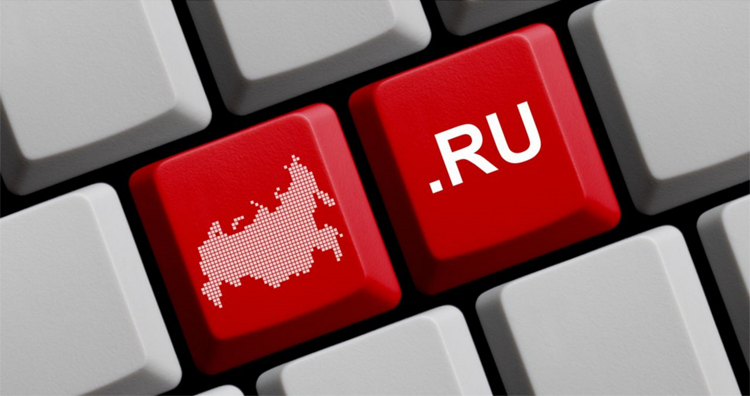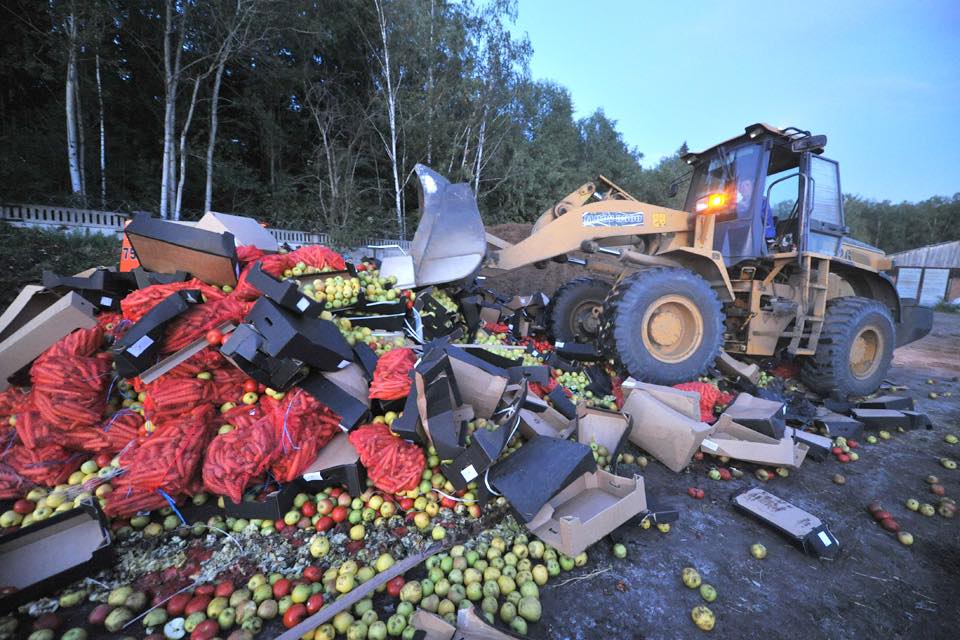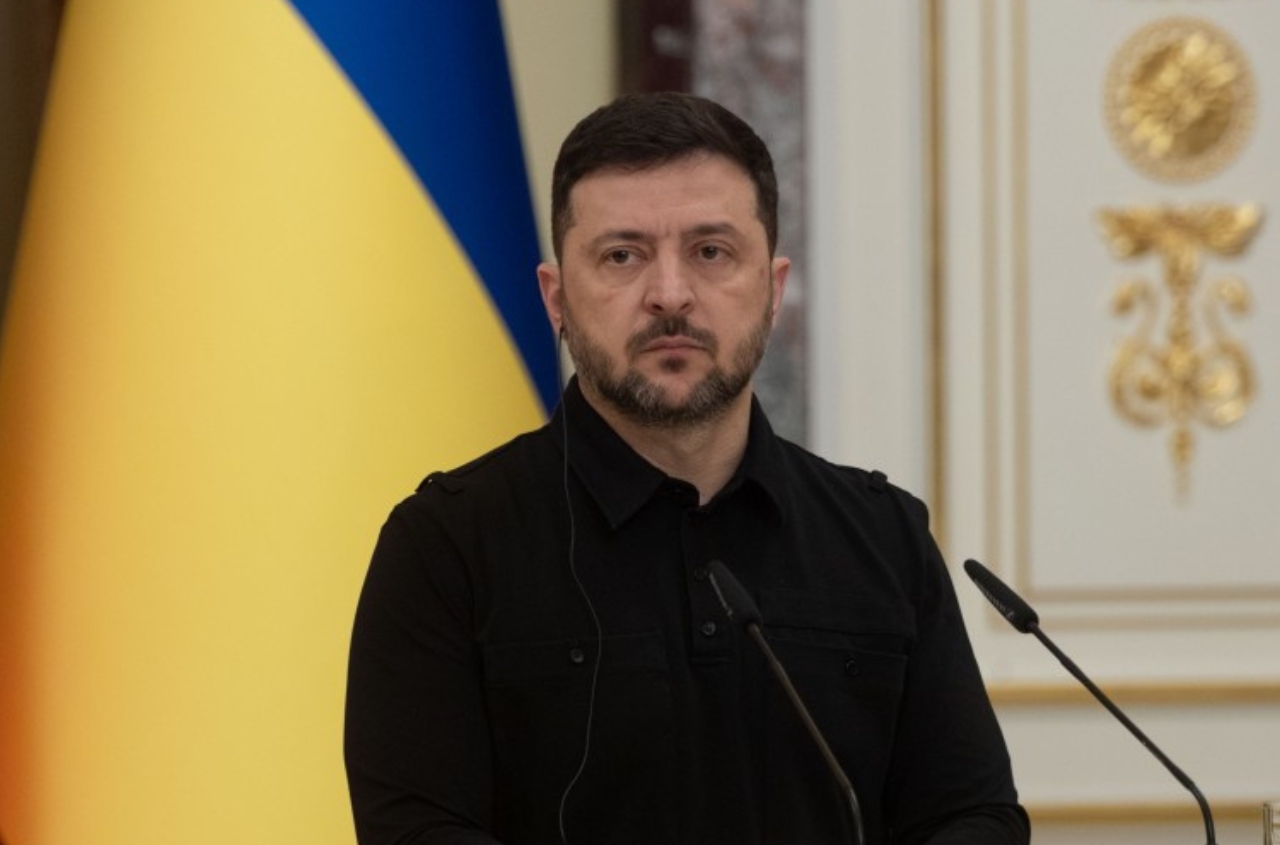As of 2025, Russia has not been able to fully overcome its dependence on imports in any sector. In fact, the need for foreign technologies and equipment has increased in some areas.
The failure of the import substitution program can be attributed to several factors, including the inability to replace foreign intermediate goods (which are used for further production of final products), a lack of experience in providing engineering and consulting services, and insufficient domestic production capabilities.
The highest increase in production dependence on imported intermediate goods from 2021 to 2023 was observed in coal mining (+5% compared to 2021), tobacco product manufacturing (+4.3%), information and communications (+2.1%), pharmaceutical production and medical and veterinary materials (+0.7%), and textile production (+0.2%).
Furthermore, more than half of Russian enterprises have publicly stated that there are no alternative suppliers in the country capable of fully replacing the unavailable imported equipment, materials, and components.
In the medium term, import substitution in Russia is expected to slow down even further. The forecasted decrease in GDP growth and the continuation of the Russia-Ukraine war will increasingly hinder the modernization of Russian production and the replacement of high-tech imported goods.




















